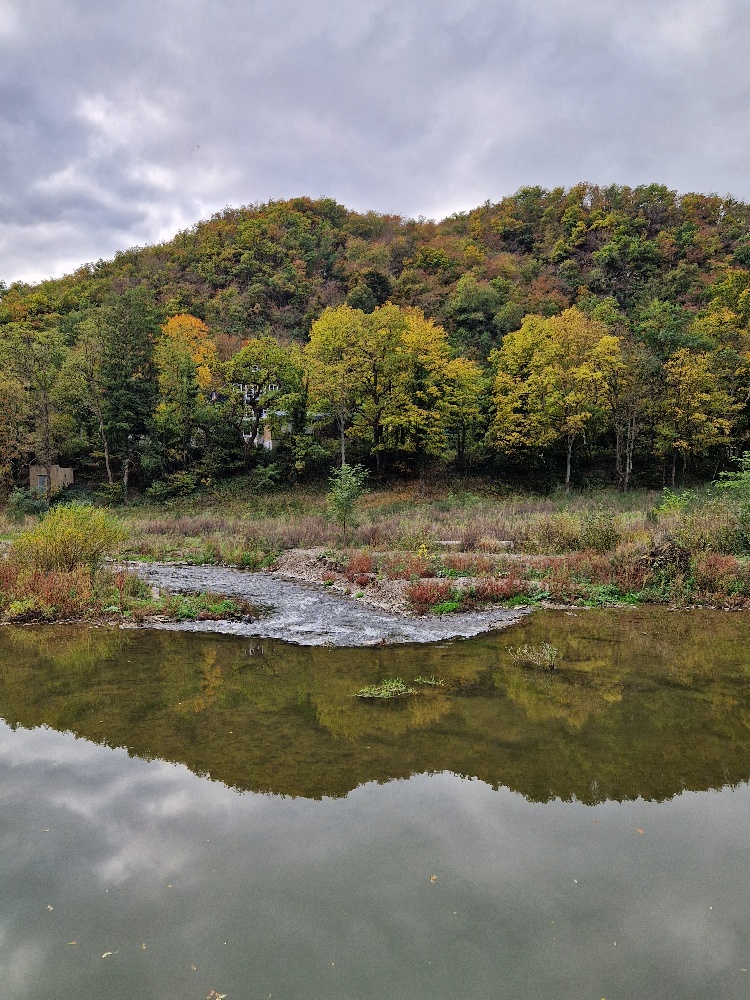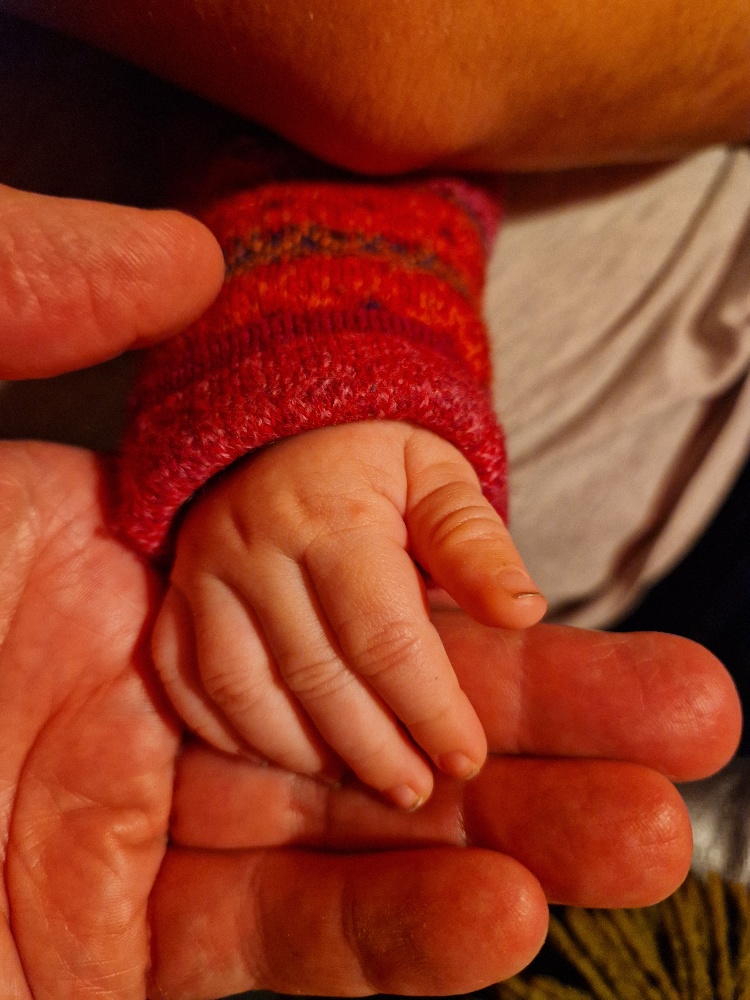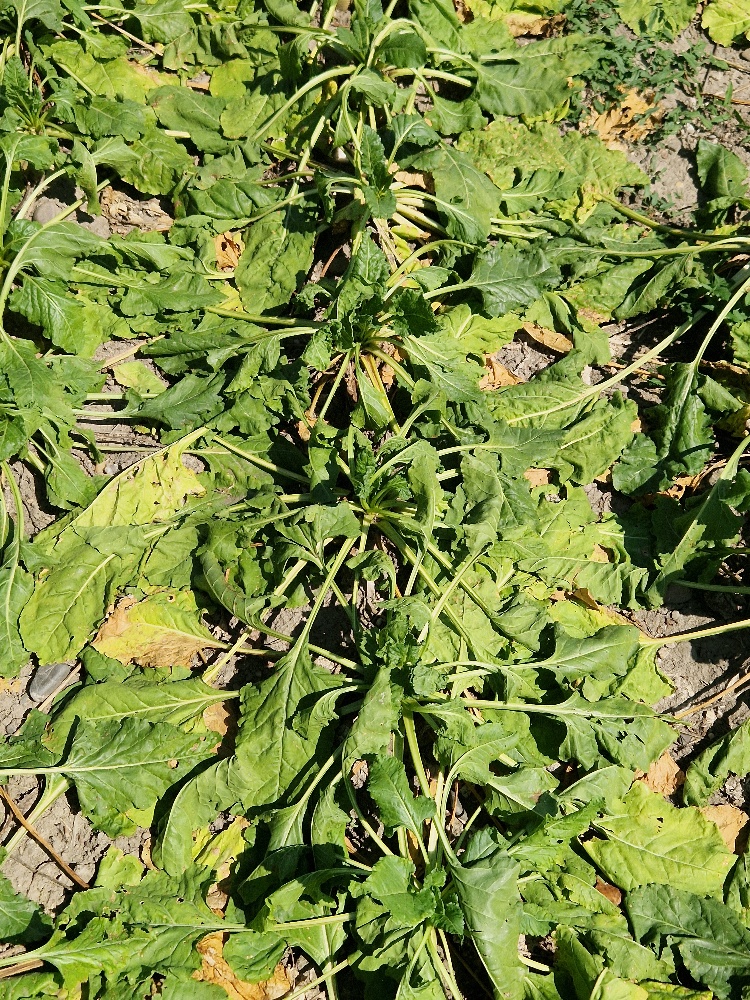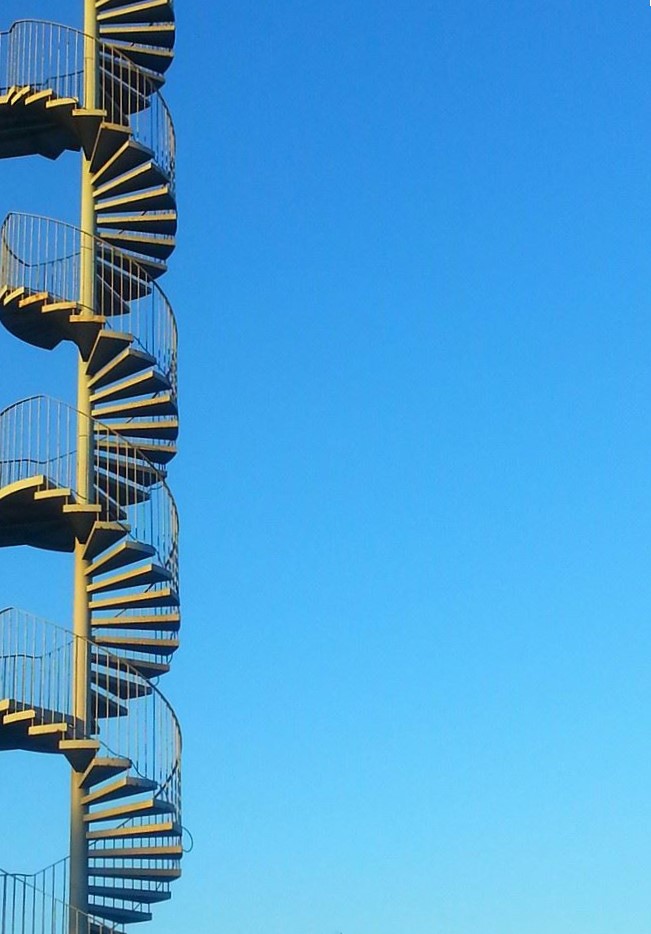Two Wolves

I like to see the two wolves as representing reality and delusion within my own perception. Our sorrow, our fear, our shame, our loneliness, even our despair; these are fragile and have no more substance than a shadow. This is the reality. We create the delusion, ourselves, when we begin to focus on our sorrows and fears in a way that adds fuel to them. The more we complain about them, over-analyse them, identify with them, or push them away, the more „real“ they appear, the more solid and independent of us they seem to be, the more power they have over our well-being.,,
Grieving Revisited

Even those obvious losses were impervious to my efforts to grieve. My heart felt numb. Nothing stirred, but for an inkling of rage deep down inside. Like many in such a predicament, I chose the solution of self-medication using the drugs, – legal and illegal – which were freely available to us as teenagers in the 1970’s, and the process addictions of the False Self such as workaholism, co-dependency, and ego inflation which are so lauded in the culture of today’s global, post-modern, consumer society. I became convinced that I couldn’t grieve because I didn’t know how to “do” it. Only much later, after years of living in addiction recovery, did I come to the realisation that grieving is not something we “do”, but rather something we “be”…
This Time

Even the most articulate and hard-working of us may find we cannot erase the imprint of a parent who was too busy or depressed to notice us or who seemed to consider us a burden. We then interpret this as our caregiver wishing we’d never been born. When we internalise such stances, our shame, if it could speak, would repeatedly tell us that “the world would be a better place if we were dead”. Our lives change only when we reconstruct the missing inner maps that should have been formed in safety and attunement…
Unlearning

When I thought I was heading to the most densely populated central quarter of town, I could feel the energy of the city ebb away into the calm of the countryside, beyond the countless improvised homes of the peri-urban belt. Then, in a moment of clarity, the riddle solved itself. Of course! I had, as always, been working on the premise that the sun was in the south. Not here! Roughly 2,500 km south of the equator, the sun appears to be in the north. This was the first of many lessons in unlearning which came my way during my African adventure…
Redemption

That is what the Twelve Steps are all about: a shift in perspective. Before we begin the journey of recovery, we are caught firmly in a trap that we cannot spring through self-sufficiency or mere egoic willpower (ergo the need for a “Higher Power” of our own understanding). We also suffer from a chronic perception disorder because of having lived so long in chaos, overwhelmed mode, denial, delusion, and the suppression of all the emotions we could not process or endure during the first, formative years of our lives. As traumatised adult children, we see the world as we are, not as it is..
Violence

Down on all fours, searching in vain, he hears the voice of a policeman who has happened upon the scene.
„Good evening, Sir. How can I help you?“
„Thank you, Constable. I have lost my keys.“
So, the policeman also gets down on all fours, pulls a flash light from his pocket and joins the search. After ten minutes, they both stand up, perplexed and disheartened.
„Are you sure you dropped them here, Sir?“, asks the policemen.
„Oh no,“ says the man. „I dropped them in that dark side street across the road over there.“
„Well, why in heaven’s name then are you searching here?“
„Because it is bright here, in the lamplight,“ was his laconic answer…
Generational Grief

My new friends in AA suggested placing my focus on what was needed in terms of new behaviours in the light of this discovery. The first, of course, was not to take the first drink. Much more was to come later, in the form of a new design for living as described in the Big Book of AA and summarised in the Twelve Steps. That work is still ongoing today, one day at a time. I also had a bizarre hunch in those first months, one that has been recently confirmed in my heart and soul, without solid external evidence: That I am the grandchild of one or more alcoholics.
Family Matters

From the child’s perspective we could apply the Zen proverb: `We never step into the same river twice.´ It is not the parent, per say, that determines the experience, but the relationship between the child, at any given moment, and the parenting at that same moment. Each interaction between a parent and any one child is a reprise of stepping into new waters, and for each parent-sibling combination there is a different river. In the overall picture, my impression is that our parents always acted with the best of intentions. Like all human beings they had their good days and bad, and sometimes their actions were determined by inner Saboteurs of which they had little awareness…
Weariness

In the neglect arising from the absence of the caregiver attuned to our needs we soon learn to take care of our own needs. We become the children who are often admired for our maturity beyond our years, a target of warm praise from our caregivers, our teachers, and later, our bosses. We are the hyper-independent self starters everyone wants on their team because we require little or no supervision. We learn to become the compliant partner in relationships or flip to the other extreme of trying to dominate them…
Isolation

Taking the bird’s-eye perspective, this would explain how we, as a species, have arrived at the point of jeopardising life on the planet through our self-centred actions. Were we truly connected (to ourselves, each other, and Creation), we would not, as a result of focusing on short-term material gains, drive other species to extinction, abuse billions of animals so cruelly to uphold unsustainable, outdated nutrition practices, and violate our nest through the proliferation of toxins in agriculture and industrial activities, as we are doing today…

